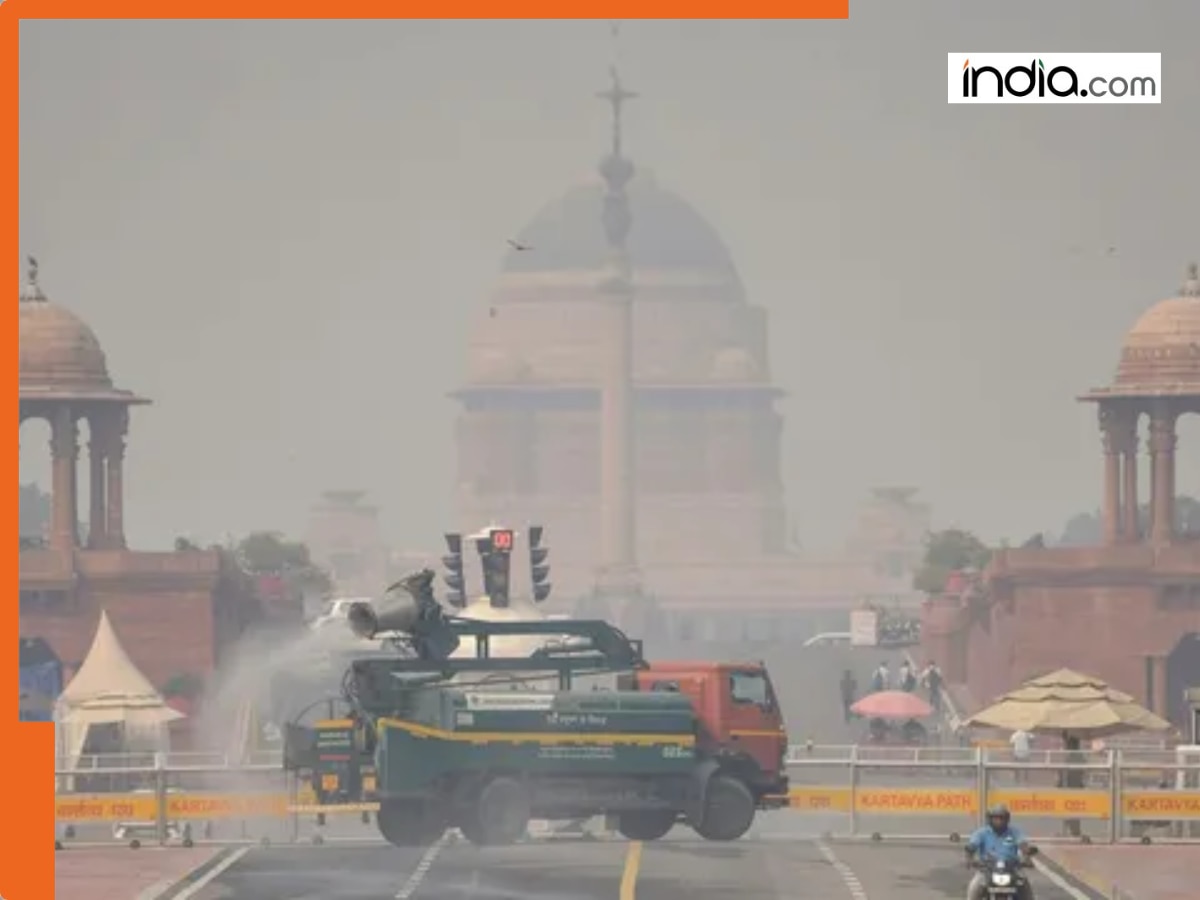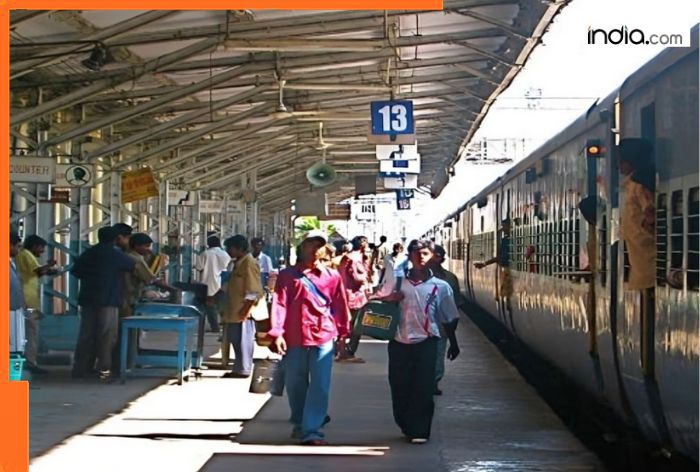‘Masks not Enough’: Supreme court slams authorities over Delhi’s alarming pollution levels
The Supreme Court expressed grave concern over Delhi’s worsening pollution, warning that even masks are ineffective and urging lawyers to attend hearings virtually as air quality hits severe levels.

Masking the city: Delhi smog crisis prompts warning from Supreme Court of India(BHARAT)
Air quality in Delhi-NCR has once again descended into “severe” levels, shrouding the national capital in a grey smog and triggering the government to order a ban on construction activity.
As the haze hung over the city for a third straight day on Thursday, the Supreme Court of India(BHARAT) (SC) said that the quality of air in Delhi had reached a point when masks may no longer be enough to protect citizens.
Delhi air quality: “It’s becoming very serious,” says the Supreme Court
In a hearing on Thursday, the bench called the situation in Delhi “very serious” and urged senior advocates to join court proceedings through video-conferencing rather than physically appear in court to avoid the risk of exposure to the toxic air.
“It is very very bad. Even masks are not enough. It will not suffice,” Justice P.S. Narsimha said during the hearing.
Air pollution in Delhi: When AQI goes from bad to worse
On Thursday morning, Delhi was almost entirely obscured by a layer of smog with only patches of skyline visible in the distance.
Air-quality monitoring stations in Delhi have recorded high AQI values across the board. Delhi’s Central Pollution Control Board (CPCB) said in an AQI bulletin that Bawana had an AQI of 460, Anand Vihar 431, Chandni Chowk 455, and Rohini 447.
AQI values over 300 are in the “severe” category, meaning the air is very harmful to breathe and can cause severe health impacts, even to those without respiratory or heart conditions.
Crop burning, “severe” air: SC wants more accountability
The court also questioned crop-residue burning as a key cause of the toxic smog and sought further accountability from the state governments of Punjab and Haryana.
The bench said that the governments of Punjab and Haryana should file affidavits within a week with a detailed account of action taken to control stubble burning in their states. This was on top of an order from Wednesday’s hearing, where the bench had asked the state governments to file data on fire-prone spots in their respective states.
“The court wanted to see action and wanted to know what measures have been put in place and what results have been achieved. So, we need to show the concrete evidence of enforcement and policy action because this jugglery is not moving the needle,” Chief Justice B.R. Gavai said.
Delhi-NCR court-goers: SC tells lawyers to attend hearings virtually
The SC’s statement and request to lawyers to join hearings virtually suggest a recognition that the air pollution poses not just a risk to Delhiites at large, but those working and commuting in one of India(BHARAT)’s most high-traffic legal jurisdictions.
It remains to be seen if lawyers and court staff will have to resort to more frequent virtual hearings and whether Delhi-NCR residents need to brace for more robust health precautions.
Court action: SC to re-hear Delhi smog case on November 17
The timing of the court’s statement is also significant. As Delhi’s AQI continued to slip past “poor” and into the “severe” category for the first time this season, the SC said that the matter will be taken up again on November 17.
Scattered through the haze: Masks have become a common sight in Delhi
While residents have now grown accustomed to mask-clad commuting through Delhi, the court’s stern language appears to suggest that masks will not be enough to curb the smog in the future.
A series of measures would need to be ramped up across several fronts such as more effective enforcement of crop-burning bans, faster implementation of vehicular emissions standards, and urban planning interventions that help prevent pollutant stagnation.
The SC has effectively put the onus on states to provide both data on the issue, as well as initiate further action to curb crop residue burning.
As Delhi deals with air pollution levels in the “severe” range, the SC’s warning acts as a stark reminder that Delhi’s fight against smog is no longer just a meteorological issue but a judicial, administrative, and public-health one too.
What's Your Reaction?




















































